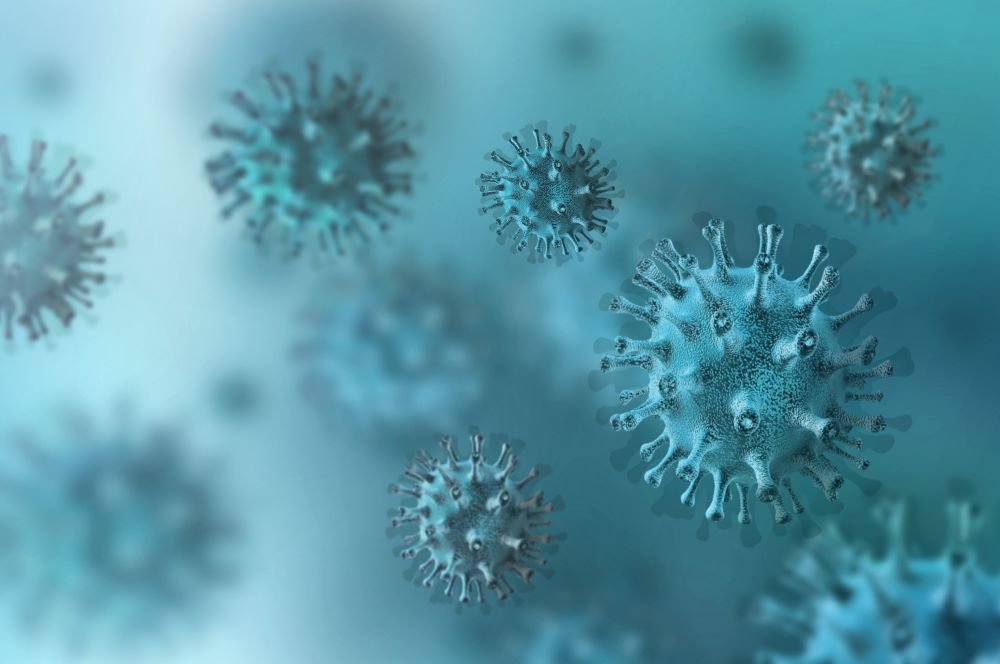
Applesauce fruit puree pouches under recall and investigation for toxic lead levels may also contain another toxin, chromium, according to an update released Friday by the U.S. Food and Drug Administration (FDA). The products under recall are WanaBana, Weis and Schnucks brand cinnamon-flavored applesauce pouches. All were made by AustroFoods at a facility in Ecuador… read on > read on >






























